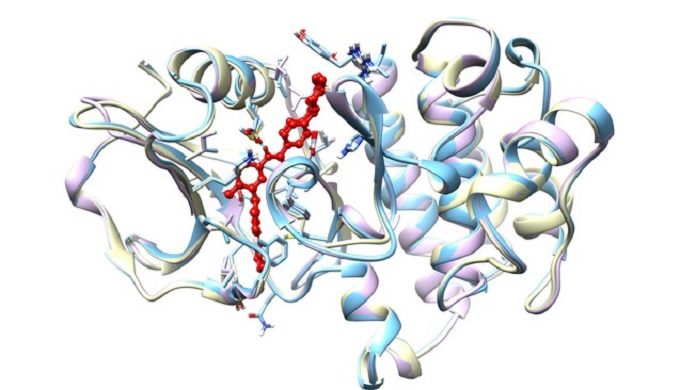Non-Hodgkin lymphomas are cancers that affect white blood cells of the immune system called B-lymphocytes or B cells. These cells grow out of control and thus creates tumors in the lymph nodes, spleen or other tissues.
Although, the efficacy of target-specific therapies in lymphoma is limited to subgroups of patients. Now, EPFL scientists have recognized a mechanism that presents protection against a typical treatment for lymphoma. They propose an elective treatment that objectives lymphoma motioning at its root, and demonstrate that it can be viable in a more extensive gathering of patients.
Previous studies only focused on inhibiting the activation of the B-cell receptor as a treatment for non-Hodgkin lymphoma patients, but with variable success. In this new study, scientists completed an examination to recognize systems of protection from ibrutinib. Utilizing tumor cells from DLBCL patients, the researchers found that the inactivation of BTK in safe tumors triggers the over-actuation of elective flags that advance tumor cell survival and multiplication.
To prevent this mechanism of resistance and block the B-cell receptor signaling at its root, Elena Battistello, the Ph.D. student who led this project, targeted the three enzymes (LYN, FYN, and BLK) that initiate the propagation of the signals.
Scientists found that blocking these enzymes with a drug called masitinib completely ablated the B-cell receptor pro-tumorigenic signals. In addition, masitinib strongly impaired tumor growth in all of the DLBCL patient-derived tissues that the team tested.
Scientists now are planning to begin clinical trials based on this study. The study is published in the journal Blood.
